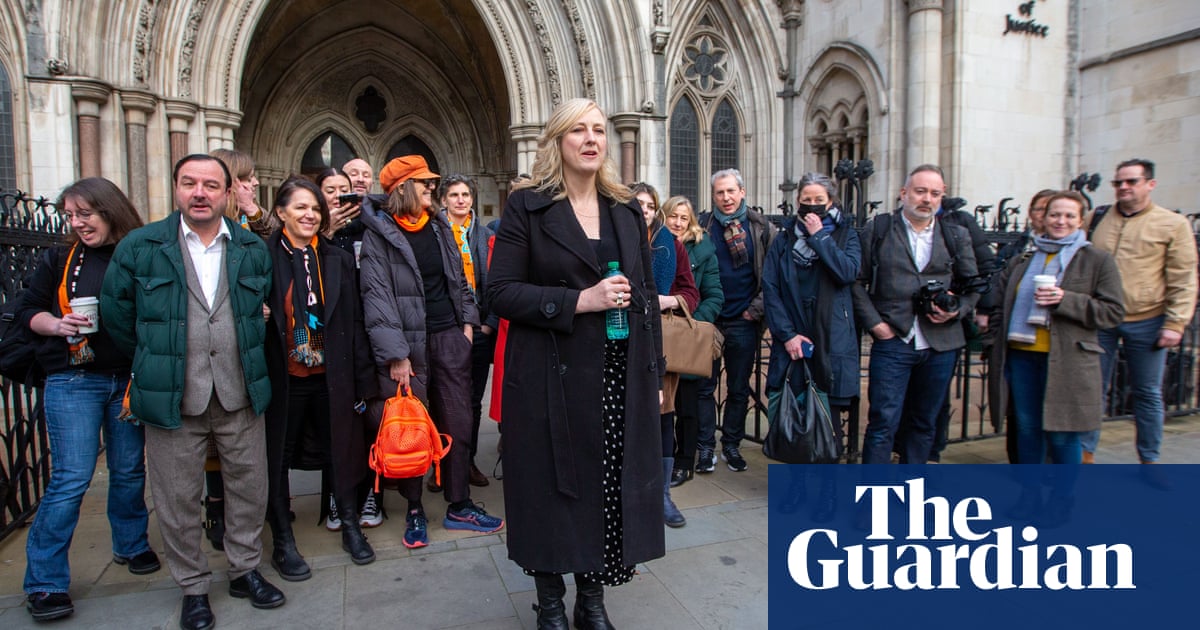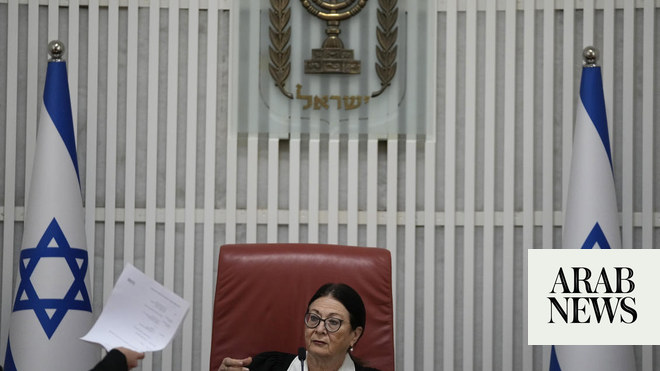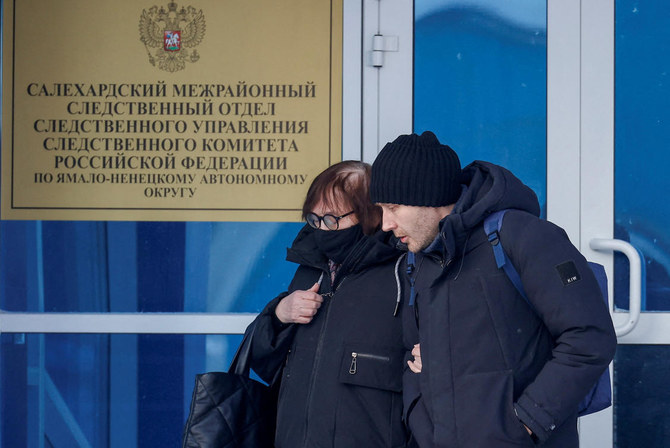
The libel action brought by the multimillionaire Brexit backer Arron Banks against the Observer and Guardian journalist Carole Cadwalladr should concern “anyone who cares about freedom of speech in this country,” a court has been told.
Banks, who funded the pro-Brexit Leave.EU campaign group has brought a defamation action against Cadwalladr over two instances – one in a Ted Talk and one in a tweet – in which she said the businessman was lying about his relationship with the Russian state.
On Friday, the first day of the trial at the high court, in central London, Gavin Millar QC, representing Cadwalladr, said: “What my client said, she was legally entitled to say as part of a discussion about matters of the highest public interest.”
Those matters were listed as campaign finance, foreign money and the use of social media messaging and personal data in the context of the EU referendum.
Millar said Cadwalladr’s claims in the April 2019 Ted Talk were not new and had been covered by both her and other media organisations in the two preceding years without prompting legal action. He said the claim against her personally was an “attempt to stymie her investigative journalism about him and make other investigative journalists wary about pursuing theirs”.
At a preliminary hearing in 2019, on the meaning of the remark about Banks made by Cadwalladr at the Ted technology conference and a related tweet, Mr Justice Saini concluded an average listener would have understood that: “On more than one occasion Mr Banks told untruths about a secret relationship he had with the Russian government in relation to acceptance of foreign funding of electoral campaigns in breach of the law on such funding.”
Millar said Cadwalladr did not intend to allege that Banks had received funding from the Russian government.
In written submissions, he also claimed that, at the time of her comments, Banks had “no meaningful reputation” to be serious harmed because:
The digital, culture, media and sport committee had found that he had misled parliament in respect of his relationship with Russian officials and had sought to hide the same.
There had been widespread publicity about Banks’s relationship with the Russian state and “his dishonesty and prevarication in respect of that relationship”.
Leave.EU and Banks had been the subject of enforcement action by both the Electoral Commission (EC) and the Information Commissioner’s Office (ICO) in relation to their activities during the referendum campaign.
He said Cadwalladr’s reporting represented “public interest journalism raising issues going to the heart of the integrity of British democracy” which materially contributed to the investigations by the EC and the ICO and for which she also won an Orwell prize and was shortlisted for a Pulitzer prize.
On Friday, Banks was questioned about his connections to Russia. Asked about why he had previously suggested the Russians had invited him to a meeting with its ambassador when it was actually initiated by Andy Wigmore, Banks denied it was because the former explanation was more palatable, saying he had simply misremembered.
He used a similar explanation for not previously remembering he had met the Russian ambassador more than once.
In his written witness statement, Banks said Cadwalladr’s remarks had led to comments to his sons by fellow students and a teacher about their father and that someone had thrown a glass of water over him accusing him of bullying the journalist and selling his country down the river.
He said she had given an impression that she was “a traitor to this country and to the democratic process. That crosses the line.”
His barrister, William McCormick QC, claimed Cadwalladr’s defence was “extreme” and “wholly unrealistic” in that it would enable her to continue to publish false statements complained of.
“To suggest this is issued in bad faith simply to stop her reporting is a complete misconception,” he said.
The hearing is expected to last four days.












